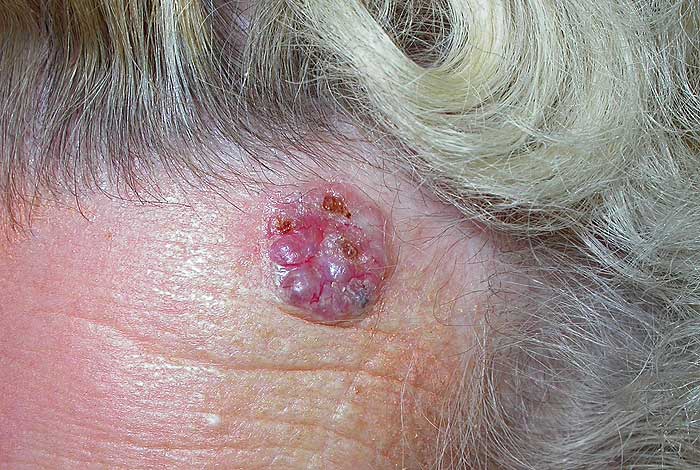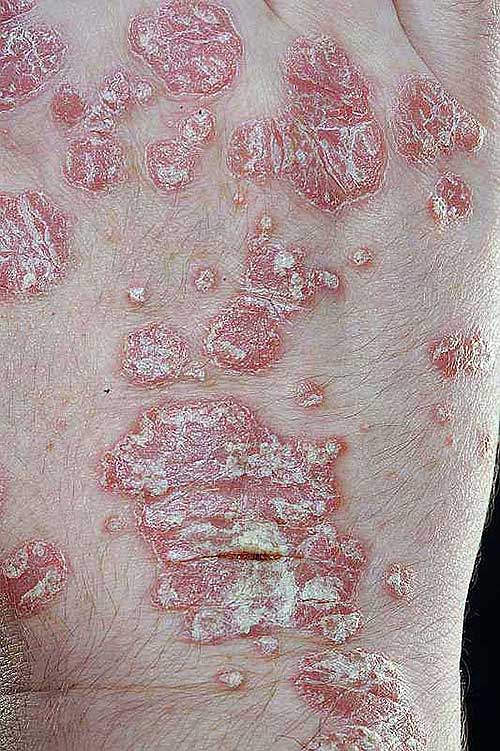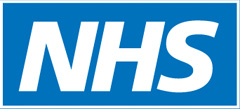Skin conditions are among the most common complaints seen by healthcare professionals globally.
This has been partly driven by an ageing population and an increased incidence of conditions such as skin cancer, but also greater awareness and appreciation of the long-term health and psychological impact of conditions such as acne and eczema[1].
So, the need for first-class dermatology training for doctors, nurses and allied health professionals has never been greater.
Online Dermatology Training

As a learner, you can select topics that are relevant to your personal training needs and dip into the learning content as needed.
Most sessions take around 20 to 30 minutes to complete – so the elearning can be easily fitted around a busy professional life. e-dermatology is a high-quality online resource that provides interactive training in skin health and disease.
The programme, which has been produced in collaboration with the British Association of Dermatologists, covers a wide range of dermatological conditions, from common problems such as skin tumours, infections, leg ulcers and dermatitis to rarer conditions such as photodermatoses and cutaneous lymphoma.
It includes many interactive and engaging features, such as high-resolution photographs, case studies and self-assessment questions.
“The programme is aimed at dermatology registrars but much of the content is also suitable for nurses and general practitioners,” explains Stuart Cohen, Joint Clinical Lead for e-dermatology.
“Up to a quarter of all GP consultations involve skin conditions so there is a real demand for quality training in this clinical area.”
Indeed, the quality of the content is one of the key strengths of e-dermatology.
“The sessions have all been written by practising dermatologists and other specialists based in the UK so the content reflects the experiences of clinicians working with patients on a daily basis,” says Stuart.
“The session editors are also highly experienced in the training of dermatologists – both at a regional and national level.”
Enhancing diagnostic skills
One of the key features is the use of scenario-based, interactive exercises to help learners improve their diagnostic skills.
“Our sessions allow you to progress through a patient’s dermatological history, identify which questions to ask, evaluate written and visual data, and make a diagnosis in a virtual consulting room,” says Stuart.
“This gives you the chance to test out your ideas and theories about a patient’s condition – helping you gain confidence in diagnosing, treating and managing a variety of skin diseases.”

Basal cell carcinoma
The programme includes a large number of high-resolution images of skin diseases.
“The elearning material can show multiple images of the same condition at different stages of its development – which is often not possible in the confines of a book due to production and cost constraints,” says Stuart.
“In fact, this elearning represents exceptional value for money – with more than 160 clinical sessions written by leading subject-matter experts. As an example, our urticaria material has been written by a world-renowned expert in this field.”
Looking ahead
Feedback from clinicians on e-dermatology has been overwhelmingly positive but Stuart and the team are not complacent. As well as regularly reviewing and updating the existing learning sessions, the team plans to expand the content in a number of sub-specialist areas, such as psycho-dermatology, cosmetic dermatology and laser use.

Psoriasis
“These are all developing areas in the field and we want to ensure that e-dermatology reflects these changes,” says Stuart.
He is keen to point out that e-dermatology should not replace clinical exposure – but merely support other training methods.
“e-dermatology allows learners to gain knowledge on key topics to supplement on-the-job experience and training,” explains Stuart.
“It lays the foundation for clinical practice. In this sense, e-dermatology provides the perfect complement to more traditional forms of teaching.”
For further details about e-dermatology, go to our online dermatology course page.
You can also find lots of information about skin disease on our British Association of Dermatologists page.
[1] British Association of Dermatologists/King’s Fund research



